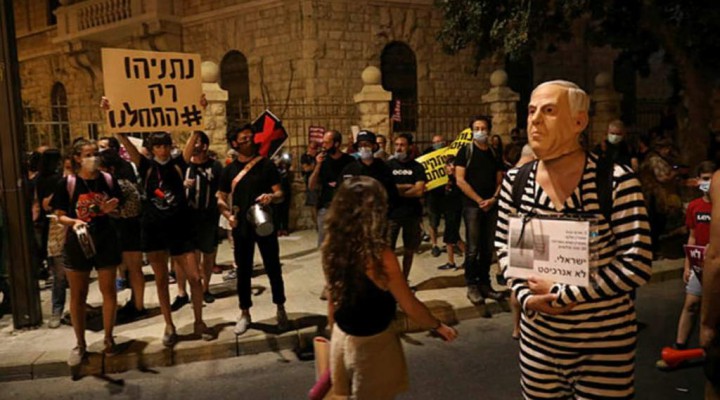US-Israel meeting: When is the Hezbollah response expected?

The last time that the US Chairman of the Joint Chiefs of Staff, General Mark Milley, visited Israel was shortly before the assassination of Major General Qassim Soleimani at Baghdad Airport. General Milley re-visited Israel a few days ago and met with Defence Minister Benny Gantz, the chief of staff Aviv Kochavi, and Mossad Director Yossi Cohen. The visit, which lasted for a few hours in the context of “confronting Iran and its allies in the Middle East, especially the threat posed by the Lebanese Hezbollah”, may be announcing a “hotter” summer. The topics were Iran but also the dangerous escalation between Hezbollah and Israel. Israel has removed forces along the Lebanese borders and deployed tanks and artillery brigades. Is this an act of intimidation or a mere precaution? Are the US and Israel preparing to ignite a war and change the rules of engagement? Are these defensive or offensive measures? And when will Hezbollah respond by selecting an IDF target to kill?
On Monday, Israel opened fire against a suspected movement in the occupied Shebaa Farms that turned out to be the apprehension and the excess of security procedures by the Israeli deployed troops along the Lebanese borders. It is inevitable for a nervous army waiting to be attacked, knowing that this government will accept the losses and turn the page, to fire against an non-existing enemy.” Hezbollah said “Israel was firing against an imaginary enemy and will be held accountable for damaging a Lebanese house during the Israeli artillery bombing of Lebanese territory, triggered by fear of a Hezbollah’s retaliation”. Hezbollah ended its communique’ saying to Israel: “Wait for the punishment”.
However embarrassing the incident is, Israeli Prime Minister Benjamin Netanyahu asked “all ministers should avoid releasing any information about the event”. Netanyahu also stated that he would hold “Lebanon and Syria responsible for any attack,” and that he is “ready to respond if soldiers are hit.” Intelligence Minister Eli Cohen said, “any action that violates our sovereignty will be met with a strong response. We advise our enemies not to test us.” Israeli chief of staff Kochavi visited the border with Lebanon and told the commanders of the 91st Brigade, preparing for a possible retaliatory operation (reinforced by the Golani Brigade), that “tensions will continue in the coming days; Hezbollah will respond before Eid al-Adha,” celebrated by Muslims this Thursday.
Kochavi’s words are mere speculation: in fact, the decision is in the hands of Hezbollah, not Israel. The Chief of Staff is attempting to reassure Israeli soldiers that the state of alert, with them hiding inside their barracks, will not last long. According to a well-informed source, Hezbollah’s response will not follow Kochavi’s timing, thus excluding this week. It
By sending a message through UNIFIL, Israel not only recognized the superiority of Hezbollah but that it has definitely lost the balance of deterrence, probably permanently. Israel admitted that it was unable to impose its own rules of engagement and is being subjected to the balance of terror imposed by Hezbollah. The Israeli intensification of sorties by drones and warplanes is a psychological effort to dissuade Hezbollah from striking “comfortably”, and to avoid heating up the frontline. However, speaking from decades of experience, the source considers that “when the decision is taken to hit an Israeli target, all these Israeli measures will be disregarded. “
For now, Hezbollah has decided … to remain silent.
Subscribe to get access
Read more of this content when you subscribe today.
 TheAltWorld
TheAltWorld 
0 thoughts on “US-Israel meeting: When is the Hezbollah response expected?”